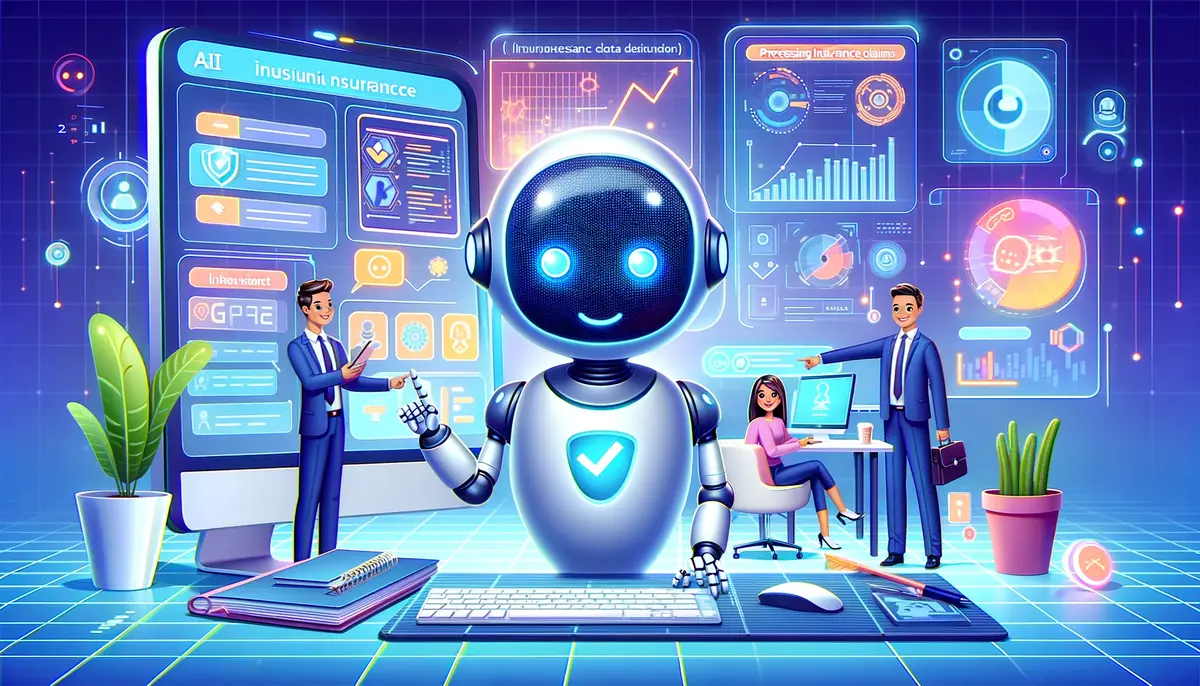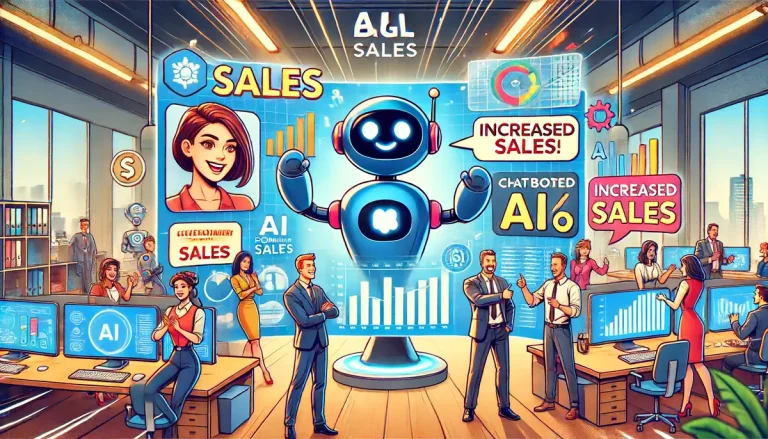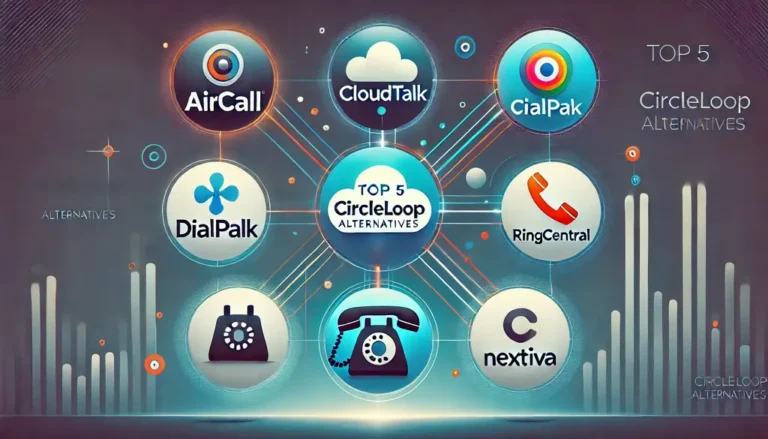Like any other industry, AI is making a big change in insurance. It makes things smarter, faster, and more personalized. From assessing risks to handling claims, AI is is doing everything. In this blog post, we’ll dive deep into how AI is transforming the insurance industry with a few AI insurance examples.
Care to save 90% of your call center costs?
Learn More Here
What is AI in Insurance?
AI can learn and think like humans. In insurance, AI helps with many tasks. These include finding the right plan for you, predicting future risks, and making the claims process faster and more accurate.
How Does AI Work?
AI uses algorithms, which are like sets of rules or instructions that computers follow. These algorithms help AI systems analyze vast amounts of data quickly. AI learns from this data to make better decisions, just like humans learn from experience.
In insurance, this means AI can look at your driving habits, medical records, or even weather patterns to give you the best coverage.
Now let’s see some AI insurance examples.
AI Insurance Examples
Here we have listed five examples of AI in insurance. These examples will help you better how AI is making a big change in AI:
1. AI in Underwriting
Underwriting is the process insurance companies use to decide if they should give you insurance and how much it should cost. It involves assessing risks by looking at your information, like your health, driving record, or home safety.
AI makes underwriting faster and more accurate. Traditionally, underwriters would spend hours, if not days, reviewing and analyzing data to decide on your policy. With AI, this process takes just minutes. AI can sift through massive amounts of data, spot patterns, and make decisions faster than any human.
Consider a scenario where you’re applying for life insurance. AI systems can quickly analyze your medical records, lifestyle, and even your social media posts to assess your risk. If the AI finds you have a healthy lifestyle and regular medical check-ups, you might get a better insurance rate.
The underwriting process with AI isn’t just about speed. It’s about understanding complex patterns that humans might miss. For instance, AI can detect a subtle health risk trend in your family history that could affect your insurance premium. This level of detail adds to the perplexity of the AI’s work.
AI-Powered Claims Processing
Claims are what you make when something goes wrong, like a car accident, and you need your insurance to help pay for the damage.
AI makes handling claims faster and more accurate. It reviews your claim details, checks for fraud, and processes payments quickly. This means you get your money or help much faster than with traditional methods.
Imagine you had a minor car accident. You take a picture of the damage and upload it through your insurance app. AI analyzes the photo, estimates the repair cost, and approves your claim within minutes. No more waiting weeks for an adjuster!
AI doesn’t just look at the damage; it considers the weather, traffic conditions, and even historical accident data in your area. This multifaceted analysis ensures that claims are processed accurately and quickly, adding a layer of burstiness to how claims are managed.
Personalized Insurance Products
Personalized insurance means creating insurance plans that fit your specific needs. It’s like having a suit tailored just for you rather than buying one off the rack.
AI looks at your behavior, lifestyle, and preferences to offer you the best insurance plan. It uses data from various sources to understand what you need and suggest a policy that’s perfect for you.
Let’s say you only drive your car on weekends. AI can analyze your driving patterns and suggest a pay-as-you-go insurance plan that charges you only for the miles you drive. This saves you money and gives you coverage that matches your actual usage.
AI’s ability to analyze diverse data points—like your driving habits, location, and even weather patterns—allows it to create highly customized insurance plans. This adds to the complexity and burstiness of how insurance products are designed.
Predictive Analytics and Risk Management
Predictive analytics uses AI to forecast what might happen in the future based on past data. It’s like having a crystal ball that helps insurance companies prepare for what’s coming.
AI analyzes past data to predict trends, like the likelihood of natural disasters or how many claims might be filed in a certain period. This helps insurance companies manage risks better and offer more accurate coverage.
AI can predict an increase in flooding in a specific area due to changing weather patterns. Insurance companies can then offer flood insurance to homeowners in that area before it happens, providing better protection and peace of mind.
Predictive analytics with AI involves analyzing countless variables, from historical weather data to economic trends. This comprehensive analysis adds a layer of burstiness, making AI’s predictions more nuanced and complex.
AI in Customer Service
AI uses chatbots and virtual assistants to answer your questions anytime, day or night. These AI tools can help you understand your policy, make claims, or find the best insurance plan.
You’re looking to update your home insurance policy late at night. Instead of waiting until the next day, you use your insurance app to chat with an AI assistant. It helps you make the changes right away, providing immediate support.
AI-driven customer service can handle simple inquiries quickly, but it also adapts to more complex questions. If you have a detailed question about your policy, AI can provide a thorough, personalized response, adding to the burstiness of the service experience.
Ethical and Privacy Considerations
Your personal information should be safe and used fairly. AI needs to follow rules to protect your data and ensure decisions are unbiased.
AI uses secure methods to handle your data and makes sure it’s only used to help with your insurance. It also works to eliminate any biases in decision-making.
AI checks that your data is only used for assessing your insurance needs and nothing else. It also ensures that decisions about your coverage are fair, regardless of your background.
Ethical AI systems must navigate complex privacy laws and diverse data sources. This complexity adds to the perplexity, ensuring that AI systems handle data responsibly and fairly.
What’s Next in AI for Insurance?
AI technology is always improving. In the future, AI might help with even more things, like health checks or insuring driverless cars.
Insurance companies are continually learning how to use AI to provide better service and more accurate coverage. This means new AI tools will keep making insurance better for you.
AI could use wearable devices to monitor your health and suggest insurance plans that change as your health needs evolve. This could mean personalized health insurance that adapts as you do.
The future of AI in insurance involves integrating even more data sources and technologies, from IoT devices to advanced analytics. This increasing complexity adds to the burstiness of how AI will continue to transform insurance.
Care to save 90% of your call center costs?
Learn More Here
AI’s Impact on Insurance
AI is like a superpower for insurance companies. It helps with underwriting, claims, customer service, and more. By analyzing data quickly and accurately, AI makes everything faster, easier, and more personalized.
As AI technology continues to evolve, it will keep transforming the insurance industry, making it better and more responsive to your needs. Next time you think about insurance, remember the smart AI working behind the scenes to provide you with the best possible service.







